Hacker dossier: Boris Florikik aka Tron, creator of the first Cryptophone
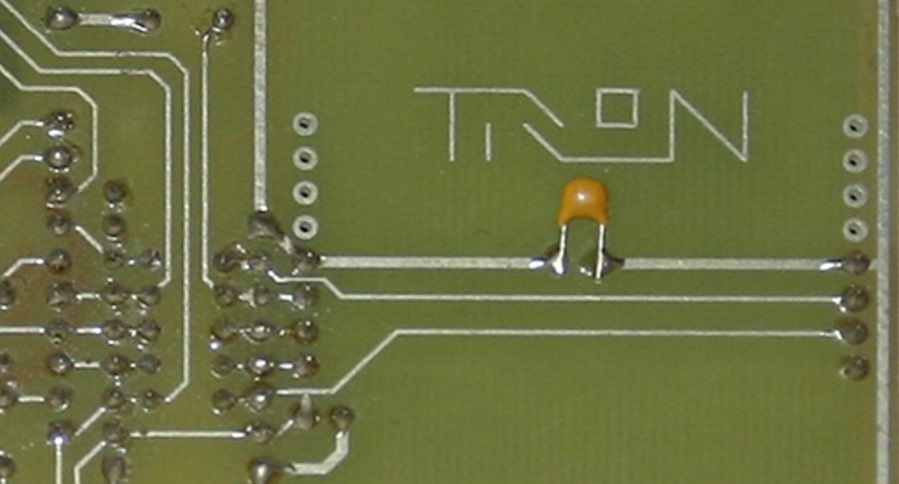
Boris Florikik (June 8, 1972 - October 17, 1998), known under the pseudonym Tron, was a German hacker and phreaker whose death, caused by unexplained circumstances, led to the appearance in the German press of a large number of hypotheses from the category of "conspiracy theories". He was also known for his graduation project, which was one of the first known implementations of a phone with built-in voice encryption, called the "Cryptophone".
 Florikik hacked a variety of computer security systems: known, in particular, is hacking to protect German calling cards and creating their workable copies. Subsequently, he was sentenced to 15 months in prison for the theft of a payphone (committed in reverse engineering) in 1995, but then the sentence was canceled and replaced with a probation period.
Florikik hacked a variety of computer security systems: known, in particular, is hacking to protect German calling cards and creating their workable copies. Subsequently, he was sentenced to 15 months in prison for the theft of a payphone (committed in reverse engineering) in 1995, but then the sentence was canceled and replaced with a probation period.')
Florikik's name was again actively mentioned in the press between December 2005 and January 2006, when his parents and Andy Müller-Maguhn, a well-known member of the hacker society Chaos Computer Club (CCC), filed a lawsuit against the Wikimedia Foundation in Germany. due to the fact that the real name of the hacker was written in German in the Wikipedia section. The lawsuit included claims that Florikik’s name be removed from the article in the German-language Wikipedia.
early years
Florikik grew up in Gropiustadt, in the southern suburbs of Berlin. At school, he was interested in technical subjects. After ten years, he left school and received a professional education at the Berlin Technical University with a degree in telecommunications electronics with an information technology qualification. Having received a certificate, he began his studies in cybernetics at the Technical University of Applied Sciences in Berlin.

During training Florikik practiced in a company that develops security systems. In the winter of 1997/1998 He successfully completed his studies and defended his thesis on “Cryptophone” - an ISDN-phone with built-in voice encryption. Since the parts of his thesis that his fellow student were supposed to do were missing, he could not then finish the work on the Cryptophone. However, the evaluation committee of the university recognized his work as outstanding. After graduation, Florikik got a job, but failed. In his spare time, he, among other things, continued to work on the CryptoPhone.
Interests
Florikik was very fond of electronics and security systems of any kind. He participated in the hacking of German calling cards and pay-TV. During the search, he exchanged his ideas and suggestions with other hackers and specialists. For example, in the tv-crypt e-mail list, which was run by a closed group of hackers, Florikik wrote about himself and his interests in the field of microprocessors, programming languages, electronics, wireless data transmission, and especially in the area of hacking security systems that are considered reliable. He stated that he had created working clones of payment cards of British pay-TV, and that he would continue to work on hacking Nagravision / Syster scrambling systems, which the German pay-TV provider PREMIERE then used.
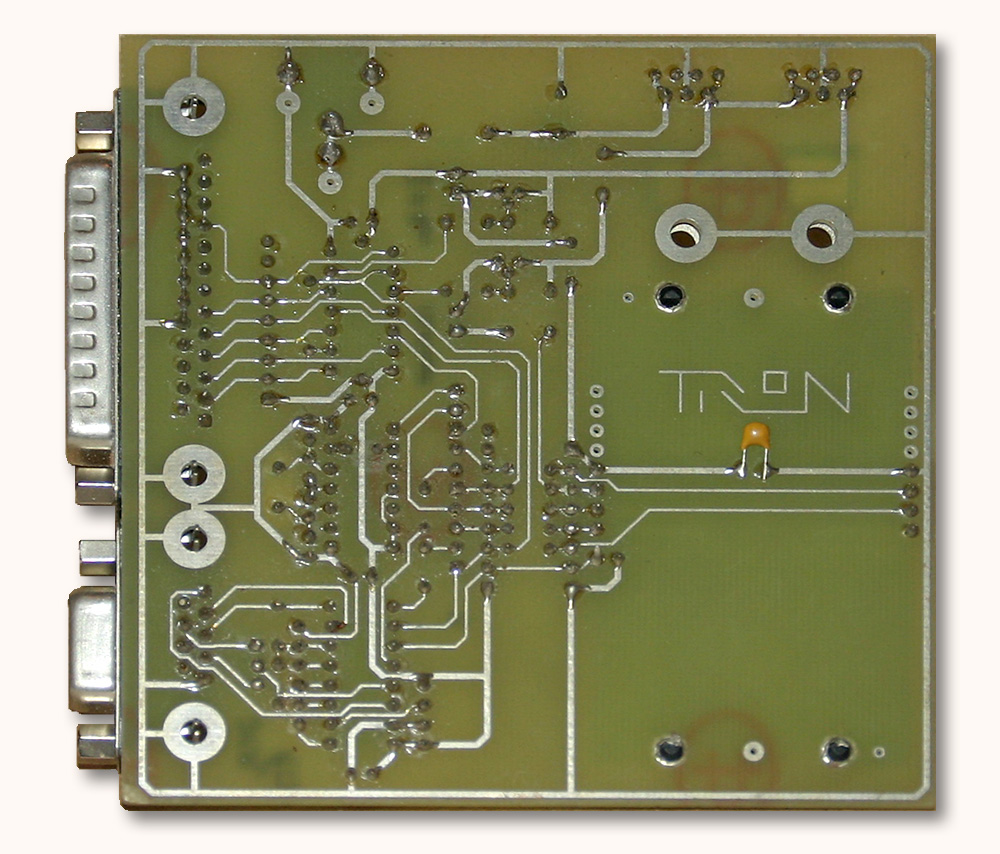
At that time, the theoretical work of American specialists was published on the topic of illegal actions, the object of which could be SIM cards of the GSM standard. Together with hackers from Chaos Computer Club, Florekik successfully created a working clone of a SIM card, thereby proving the possibility of carrying out such an attack in practice. He also excelled in the release of clones of German SIM cards. But, if Florikik himself just wanted to demonstrate the insecurity of the system, criminal elements began to misuse this opportunity, which attracted the attention of law enforcement agencies and the German national telephone operator Deutsche Telekom.

After Deutsche Telekom made changes to the system, Florikik tried to tear the telephone set out of the booth (using a sledgehammer). The police found him and his friend behind this, on March 3, 1995. In his defense, he said that he needed this equipment to adapt his phone card simulators to the latest changes.
Cryptophone
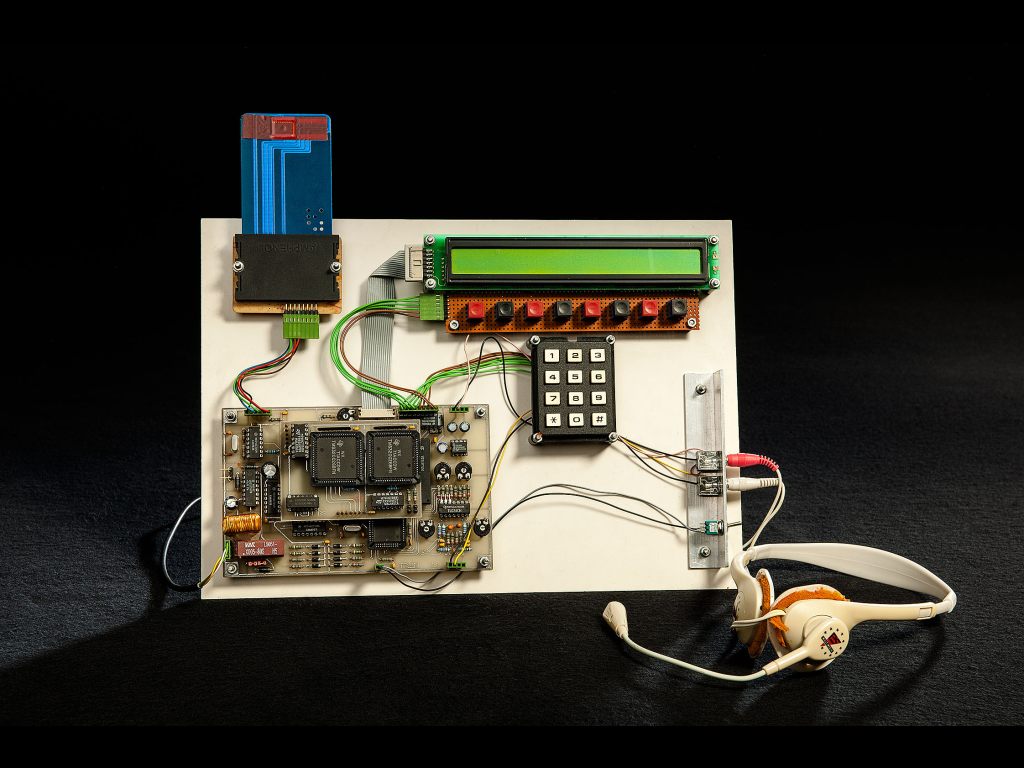
For his prototype ISDN phone with built-in voice encryption, Florikik chose the name CryptoPhone. It was created in the winter of 1997/1998. in the protection of the thesis, called "The use of information encryption in the data channel in the network standard ISDN." The phone encrypted phone calls using the IDEA symmetric encryption algorithm to eliminate the danger from unreliable remote stations.
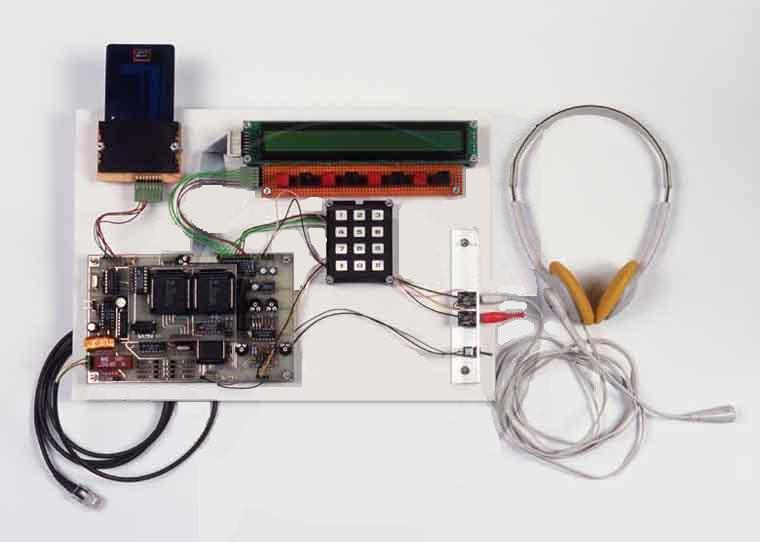
Florikik tried to make the "cryptophone" cheap and easy to assemble by amateurs. The device was based on an 8051-compatible microprocessor that controls the entire system and peripherals (for example, an ISDN controller, keyboard, and monitor). For encryption, Florikik used cheap American DSP digital signal processors from Texas Instruments , which he took from old computer modems and which could be cheaply purchased.
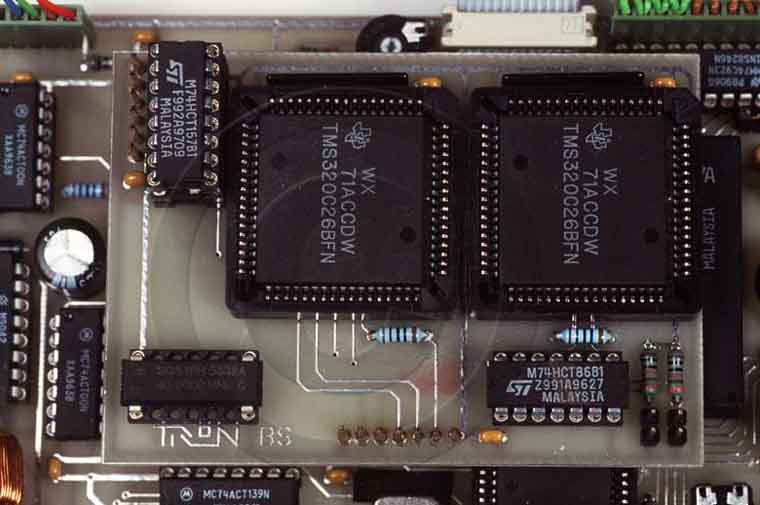
DSP-Board
Since this type of DSP was not strong enough for the chosen type of encryption, Florikik used them in “Cryptophone” two pieces: one worked for transmission, the other for reception. He planned to expand the functions of the phone so that data transmission could also be encrypted. They developed both software and a way to use encryption in DSP. He found a new way to use the IDEA algorithm, significantly reducing the length of the process.
Diplomarbeit

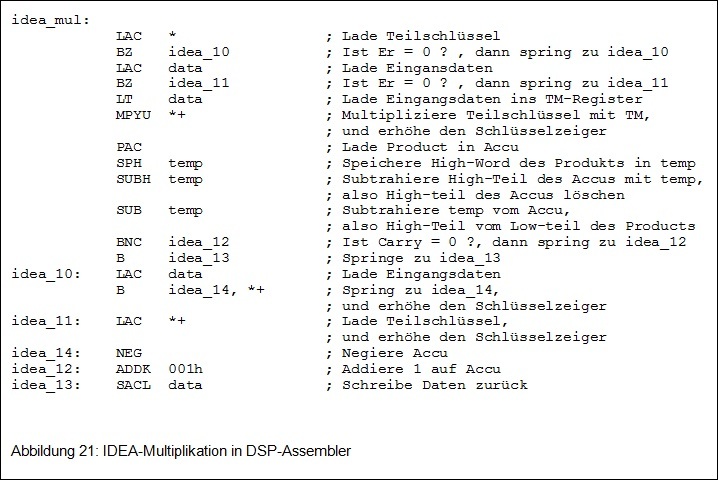
still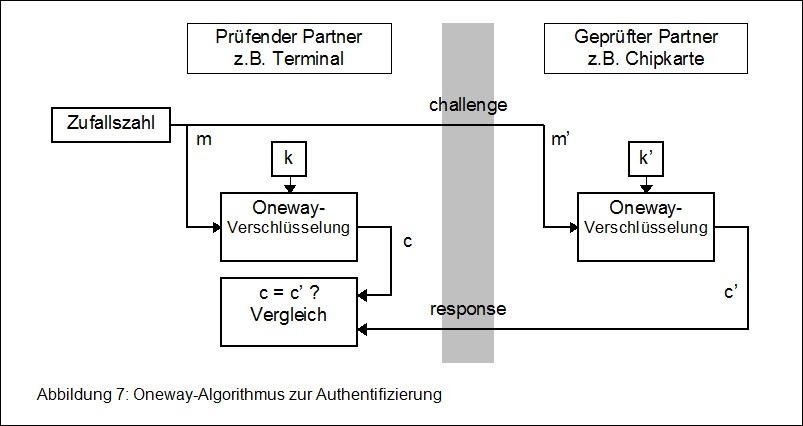

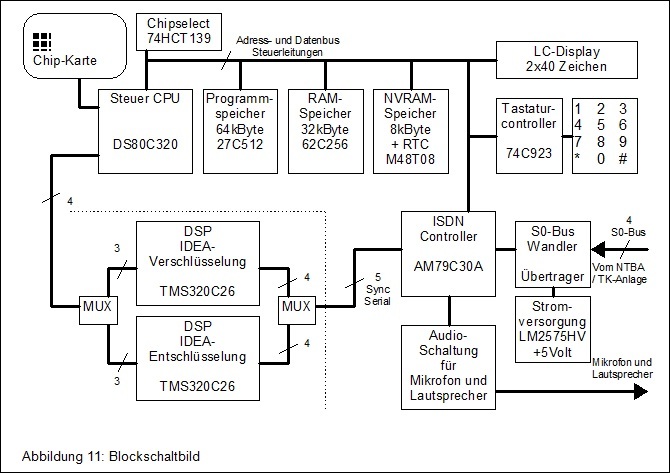
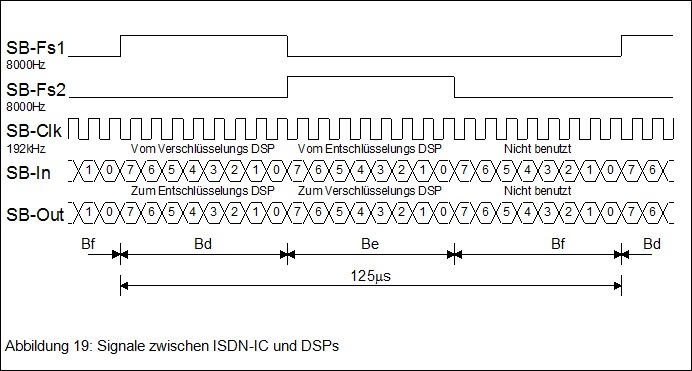




The diploma itself lies here on the CCC server .
Death
On October 17, 1998, Florikik disappeared, and a few days later he was found in a local park, hanging on a tree with a belt around his neck. The official version of death is suicide. His friends from the Chaos Computer Club and his family adhered to the version of the murder. In the debate, it was argued that his activities in the field of pay-TV security systems and voice encryption could intersect with the interests of organized crime or intelligence services, which could have caused the murder.

A German journalist, Burkhard Schröder, in 1999 published a book about his death, Tron - The Death of a Hacker, in which he examines the facts of the case at that time. As a result, the author is inclined to suicide, the book was sharply criticized by members of the Chaos Computer Club and parents Florikika.
At a meeting of the Chaos Computer Club, when discussing the death of 26-year-old Boris F., his friend Mueller-Maguhn said: “Tron could have underestimated the financial importance of the information he found. He has always been straightforward, honest ... and naive. " And then one of the participants summed up: “Well, this will be a lesson for all of us: if you come across something very valuable, hurry up to give this information to wide publicity. Do not risk your head. ”
Read more in German
» Tronland.de
» Https://de.wikipedia.org/wiki/Tron_(Hacker)
Thank you for the help with the transfer to Sergey Danshin and the Edison company (which did the technical audit of the economic game and the centralized video management system ).
Source: https://habr.com/ru/post/313400/
All Articles